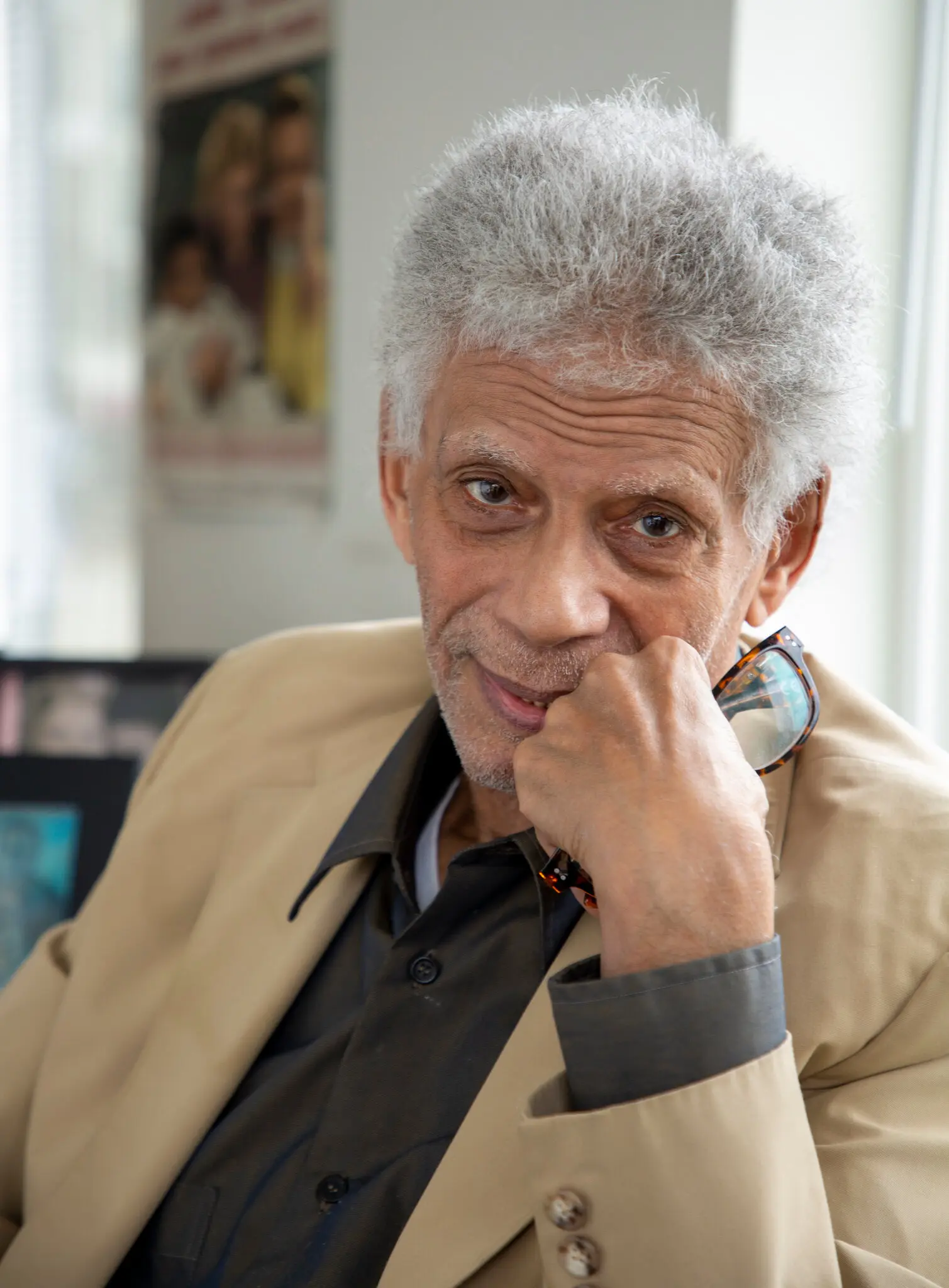James Lloydovich Patterson, an iconic Soviet figure and literary voice who was once hailed as a symbol of racial unity in the U.S.S.R., died on May 22, 2025, in a nursing home in Washington, D.C. He was 91. His passing was confirmed by Amy Ballard, a close friend.
Rod Nordland, Veteran War Correspondent and Memoirist, Dies at 75
Born to a Black American father and a Ukrainian mother, Patterson’s early life was deeply intertwined with the political and cultural dynamics of Soviet society. His legacy bridges continents, ideologies, and art forms — from cinema and military service to poetry focused on harmony and global solidarity.
Fame at Age 3 in a Soviet Propaganda Classic
Patterson’s rise to national prominence came in 1936 when, at just 3 years old, he starred in the Soviet film “Circus”. His character, Jimmy, the Black son of a white American singer, captivated Soviet audiences with his innocence and charm. The film, produced during Stalin’s Great Purge, presented the Soviet Union as a land of racial equality in contrast to the racism and fascism of the West.
“Circus” was not only a cinematic success — it was a political statement. Directed by Grigori Aleksandrov, the film became a staple of Soviet cultural identity. Patterson, unknowingly, became a living symbol of anti-racist propaganda and Soviet internationalism.
A Life Beyond the Silver Screen: Naval Officer and Poet
Despite being forever remembered for his role in Circus, Patterson’s life evolved far beyond childhood fame. He served as a Soviet naval officer, bringing discipline and service to his adopted homeland. Later, he emerged as a respected poet, publishing works centered on race, identity, labor, and travel.
Patterson frequently appeared in literary circles and cultural events, often performing poetry readings before concerts by Lyubov Orlova — the iconic actress who had portrayed his on-screen mother in Circus.
His poems reflected a deep awareness of international issues and Soviet ideals, shaped by his biracial heritage and multicultural upbringing.
Legacy of a Cultural and Political Icon
James Lloydovich Patterson’s life was lived at the intersection of cinema, race, politics, and art. For many in the Soviet Union, he represented a bold vision of racial harmony — a rare and powerful image in the mid-20th century. His writings gave voice to that vision, articulating a world where unity and dignity transcend borders and skin color.
Even as the Soviet Union fell and political narratives shifted, Patterson’s significance as both a cultural symbol and literary figure endured.
Conclusion: Honoring the Life and Message of James Lloydovich Patterson
James Lloydovich Patterson’s journey from child star to accomplished poet is a testament to the enduring power of representation and resilience. In both Soviet and global history, he stood for more than fame — he embodied hope, inclusion, and the human capacity to bridge cultures through art. As the world continues to grapple with questions of identity and unity, his legacy shines brighter than ever.

